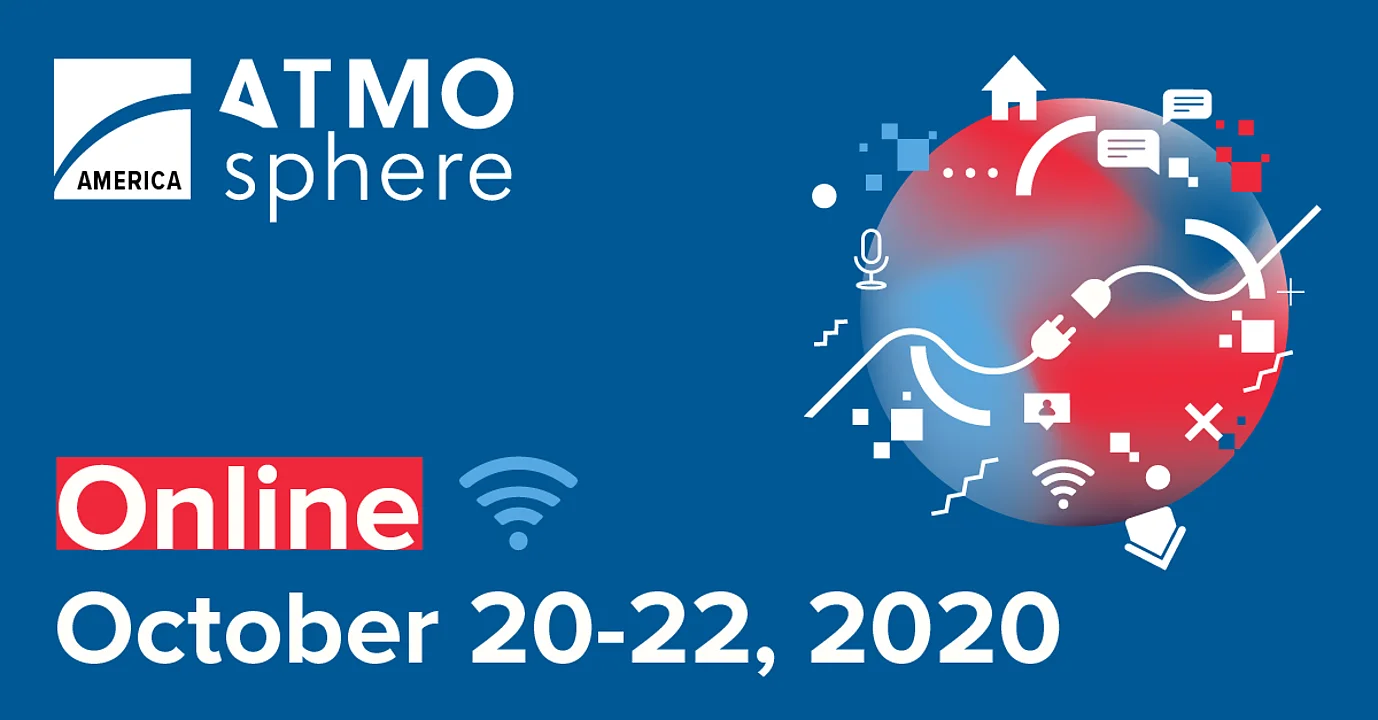

Secop, a global expert in advanced compressor technologies using hydrocarbon refrigerants, will support and sponsor ATMOsphere America 2020.
shecco, producer of ATMOsphere events on natural refrigerants around the world over the past decade, will be holding its first virtual ATMOsphere America conference on October 20-22, allowing speakers, sponsors and attendees to participate safely during the COVID-19 pandemic.
Hendrik Möller, Global Application Manager Mobile Cooling, will present Secop’s case study New Variable Speed Solar Solution for Refrigeration Cooling.
Solar Direct Drive coolers are essential in the vaccine cooling chain of immunization programs in hard-to-reach areas of the country. This fast-moving technology within the cooling chain significantly reduces vaccine wastage. Solar-powered vaccine coolers are also environmentally friendly since less they generate less CO2 from burning fossil fuels for powering absorption systems.
Vaccine coolers running directly on photovoltaic (PV) solar power without a battery have recently become the fastest growing health sector technology, known as solar-direct-drive (SDD) cooling. The main reason for this success is that batteries for refrigerator energy storage are no longer recommended by the WHO which views that batteries are historically the most vulnerable component, and the most expensive part that needs regular replacement. Removing the batteries has the potential to increase the long-term success of solar vaccine refrigeration. A simple battery failure can cost thousands of dollars in spoiled vaccines.
Starting a compressor directly on a PV panel, and keeping the internal temperature stable is the most challenging part. Secop and Vestfrost Solutions achieved this in a previous project supported by the Danish Energy Agency. Both companies already achieved commercial success with their solar powered products due to their pioneer project where ice was used for energy storage. The time seems right to consider upgrading the technology and developing new concepts.
Recently, the Danish Technological Institute organized a large-scale field test of different brands of existing solar driven refrigerators and gained first-hand knowledge of the different products and their performance. In summary solar-powered refrigerators should have the following features:
These improvements will help all partners to expand the business and international market share in solar DD coolers.